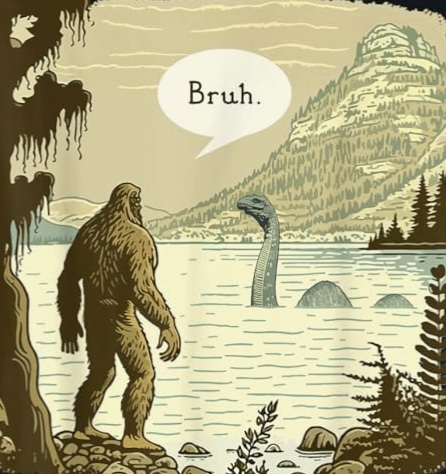
You are not owed the minds of others.
Not their judgment, nor their mercy,
nor their passing weather of regard.
You are permitted this alone:
your own thoughts, your own labors,
your own brief and burning hour.
What they think of you
belongs to them, as wind belongs to the field
and fire to the ash.
If they think well —
let them.
If they think poorly —
let them.
If they do not think of you at all —
so much the better.
To crave their gaze is to hand them reins.
To demand their mind is to beg for chains.
Stand straight, if you can,
or lean as the tree does into the storm —
but stand by your own strength,
not by the borrowed crutch of praise.
You are already free,
if you would only stop asking for permission.


